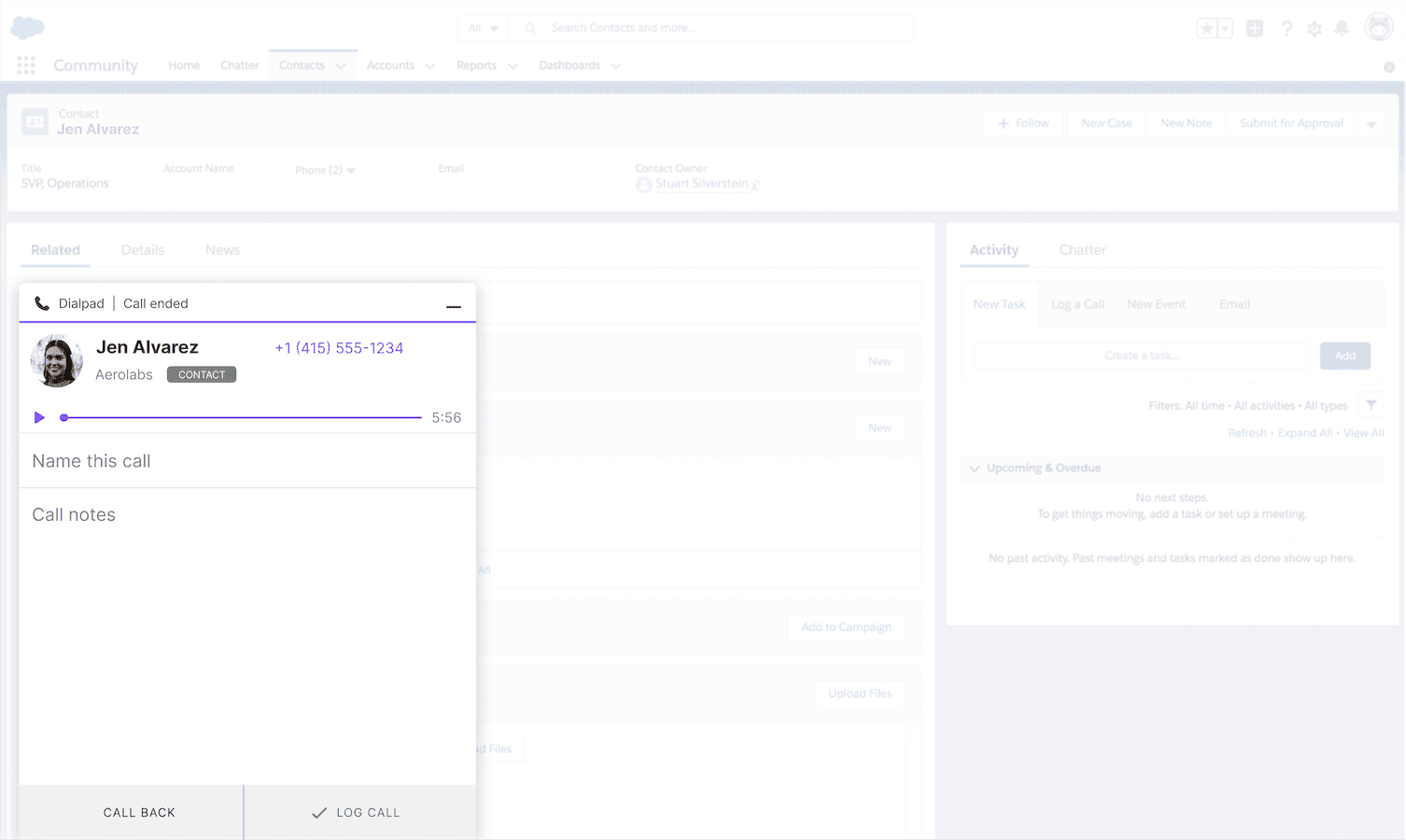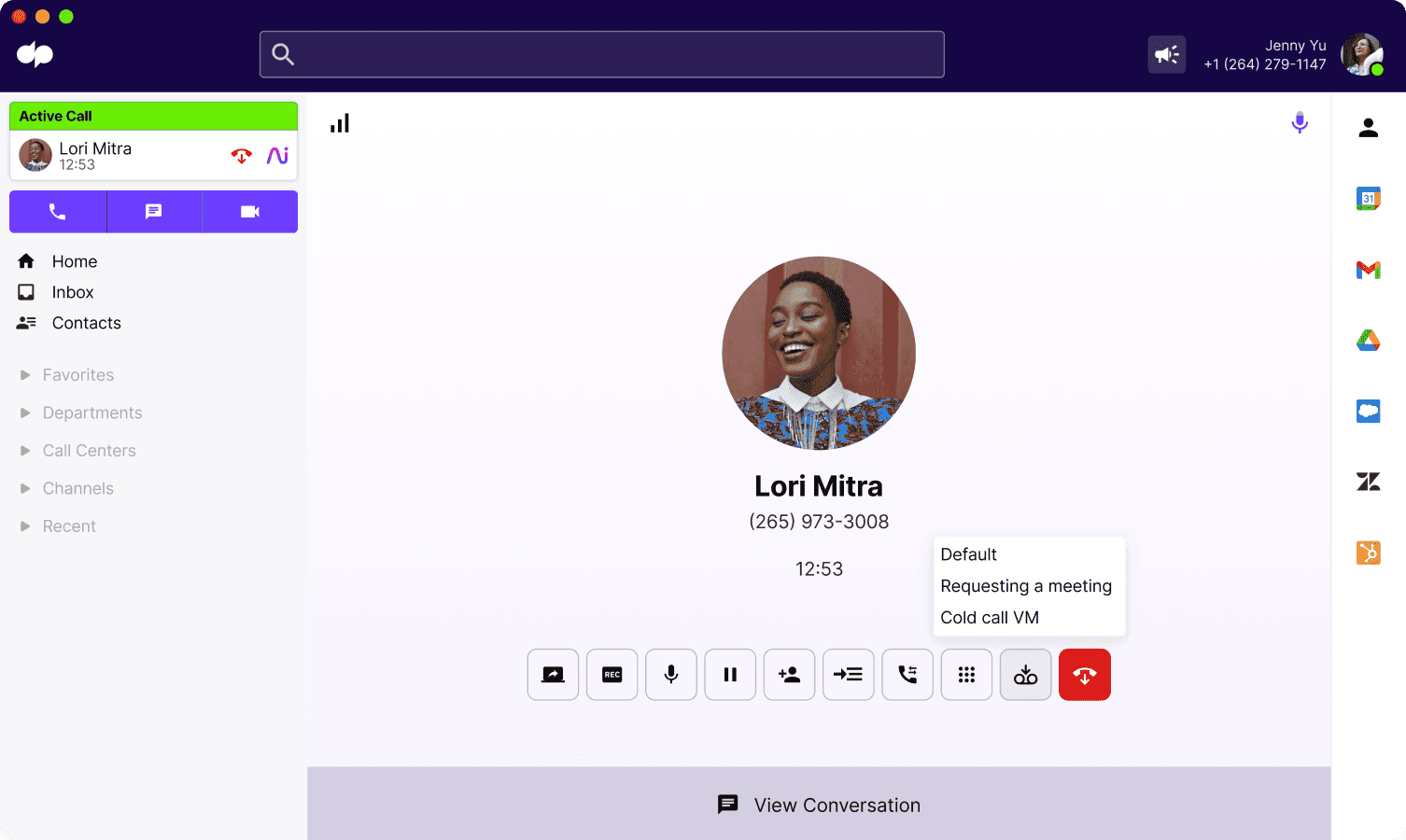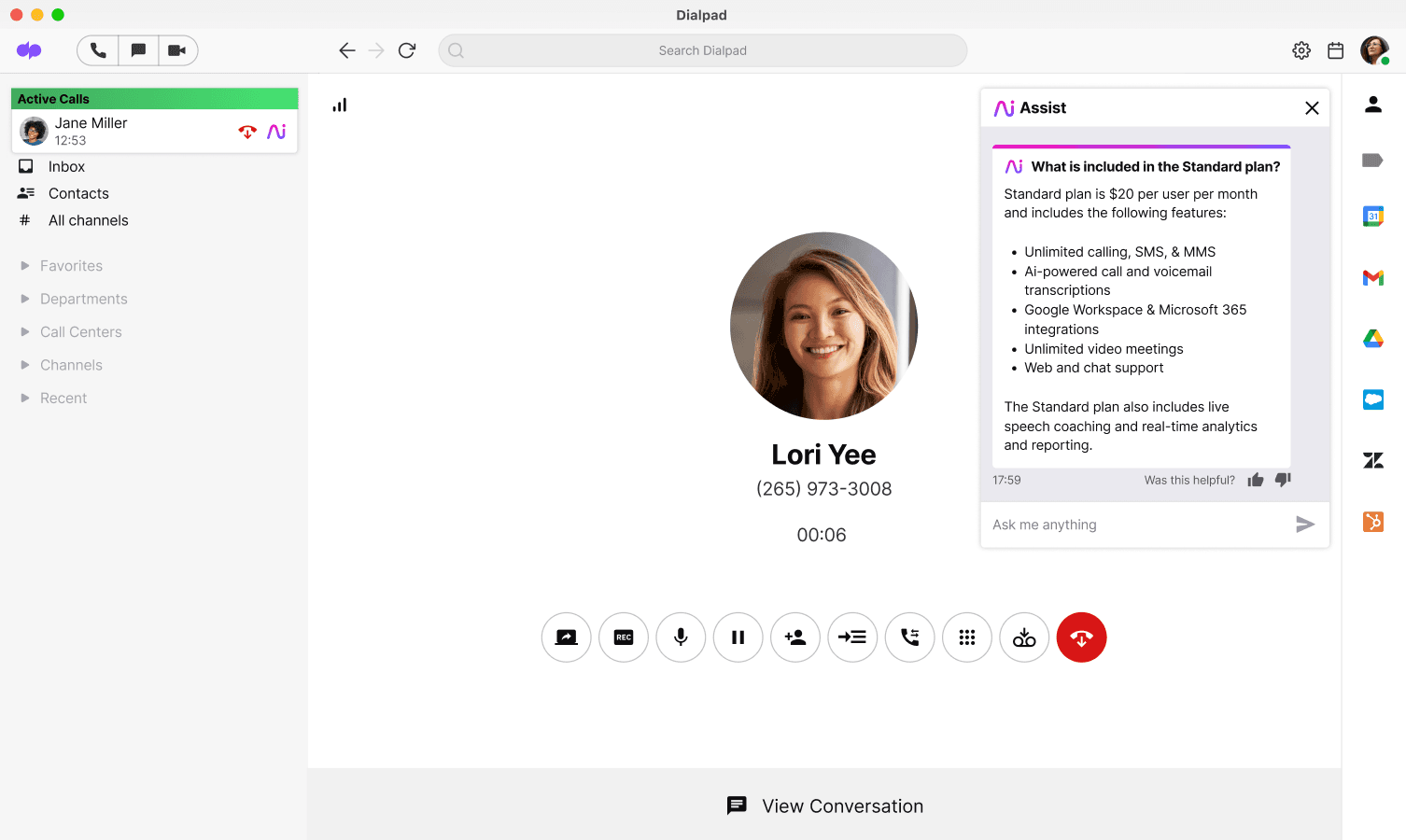Enterprise sales: Understanding how to sell to enterprises and why your business may need to

Enterprise Account Executive

Tags
Share
Businesses need to close sales to sustain themselves—that much is clear to anyone who’s had any success in today’s economy. People with plenty of business experience also know that not all sales are equal in nature. In particular, enterprise sales can be a tough beast to conquer.
But what distinguishes them from other kinds of sales, and why should you embark on that quest in the first place? Let’s explore the ins and outs of enterprise sales at length to answer these questions.
What is enterprise sales?
Enterprise sales is the act of selling something to a company large enough to count as an enterprise. These are often, though not always, multinational companies. They also tend to have lots of employees. Typically, enterprises have thousands of staff members.
Enterprise sales are generally high-risk, high-reward in nature. This is because they take a lot of skill and effort to get right, but they also tend to be highly profitable to the seller.
SMB or commercial vs. enterprise sales: The key differences when you’re selling to enterprises
We mentioned earlier that mastering enterprise sales is different from being skilled at other kinds of sales. This point is worth repeating because the differences are often significant.
For example, sales agents who are used to handling outbound calls for direct-to-customer sales often use a sales dialler to call many prospects in a short time. This is a highly effective tactic for these types of sales, but enterprise sales generally call for a different approach.
To succeed at enterprise solutions sales, you’ll have to start by familiarising yourself with the ways in which they differ from SMB or commercial sales.
The scope of the sales
Enterprises have more resources than SMBs or individual consumers, which also means they have more complicated needs and requirements.
The result is sales on much, much bigger scales.
Let’s look at an example. If you’re selling a piece of communication or collaboration software to a small business with eight or so employees, a basic plan with limited calls per month is likely to make everyone happy. That’s a sale closed in no time.
With an enterprise, things look different. You may find that their minimum number of monthly calls is far higher, while their number of users could be closer to 800 or even 8,000 than eight.
This means those many employees’ needs have to be accounted for as well, which means the details of a sale take much longer to iron out.
The tools you need
As discussed above, other kinds of sales can often be completed with far fewer steps between a customer saying “this sounds interesting” and signing a contract. Enterprise sales, however, call for enterprise sales software.
The kinds of software you’ll need range from sales enablement tools to support your sales team, to collaboration platforms that help you communicate effectively with decision makers at each enterprise.
It also helps if you can use a CRM solution that lets you manage and optimise your enterprise customers’ relationships with you. To that end, a collaboration platform with CRM integrations, like Dialpad, is invaluable.

The time things take
Working out lots of small details is no quick task. Exploring the needs of each individual enterprise also takes longer than discussing what a medium-sized business needs from you.
Communicating with key stakeholders adds more time to the overall sales process. The result is a much longer sales cycle that can rarely be rushed.
The people involved
When your customer is a sole individual, they’re usually the only stakeholder in the purchase decision. If they like what you offer, they don’t have to discuss things with lots of people before making a purchase, especially if they’re fully financially independent.
Enterprises work differently.
Comprising more people, enterprises are full of lots of departments and individuals with lots of different roles. Many of those, too, may have some degree of overlap in terms of their remit. This means that the average purchasing decision in an enterprise is made by a comparatively large group of stakeholders.
That’s a lot more people, with many different perspectives and priorities, which you need to convince.
Why is developing an enterprise sales strategy important (particularly for SaaS businesses)?
If you find yourself interested in selling to enterprises, you may be wondering whether it would be worth it to do so. It’s a lot of effort, after all—you’ve got to put together a plan, make sure it works, tailor your approach, and much more.
Often, though, developing an enterprise software sales strategy is worth the effort for a SaaS business.
Business on a bigger scale
Enterprises are a completely different type of customer from small or even medium-sized businesses. We’ve already covered some of the main differences between enterprise and SMB sales, but it’s also important to note that enterprise sales simply happen on a much larger scale.
This means two things.
First, large-scale sales will need more involvement on your end. This lets your sales team really flex its muscles, showing what it can do by working closely with these major and important clients.
Second, a sale to a business with many more employees will mean more users for your SaaS solution. That generally means more income, as SaaS pricing plans tend to be structured around the number of users a company expects to have.
Getting better at sales
This builds on the previous point about sales teams showcasing their skills.
Enterprise sales are challenging—that much is no secret. It’s tough to close deals that please all stakeholders when there are plenty of those involved, and it’s hard to prove that your solution is the ideal one to solve enterprise-level problems.
So, by getting them involved in enterprise sales, you can help your teams become even better at what they do.
For example, teams may have to try out tactics they otherwise wouldn’t. From utilising a voicemail drop feature to trying long discovery calls, team members get to build their skill profile while acquiring new strengths that will help them continue to support your company going forward.

Securing steady clients
An enterprise sale is rarely a one-off deal. This means that selling to enterprises necessarily involves building strong relationships with them. That can be a massive advantage to your company because it means you’ll have long-term clients that continue to bring you income further down the line.
In addition to securing an ongoing revenue source for your business, great relationships with enterprises help boost your reputation. Other companies will notice if a large corporation trusts your solutions, and be more likely to take an interest themselves.
What challenges might you face when implementing an enterprise sales process?
Completing a successful enterprise sales process is a unique challenge every time. Here are some of the most prominent hurdles that you may need to overcome to sell to enterprises:
Long sales cycles
Enterprise needs tend to be both complex and complicated, particularly where software solutions are concerned. These have to suit the needs of everyone who’s involved, and as such, tend to need a lot of customisation to be a perfect fit.
This level of adjustment takes time and work. Hence, enterprise sales cycles stretch on for much longer than SMB or standard B2C counterparts.
Furthermore, the length of the sales cycles results in a need for strong inter-business relationships. This is often an added challenge to the overall process.
Sharing information effectively
Working with enterprises in any capacity means gathering and sharing a lot of information among key stakeholders. This means you have to be prepared to incorporate effective communication into your enterprise sales strategy.
Without proper information sharing protocols in place, it’s very easy for details to get lost. This can also lead to miscommunication and frustration.
👉 Dialpad tip
Group chats can be a great place to share key information, so everyone has access to it in the same place. Dialpad offers customisable group chat features built into the same tool you use to call and meet with your colleagues.
Plenty of stakeholders
As mentioned above, there are lots of stakeholders to communicate with, which can lead to extra challenges.
After all, more stakeholders means more people with conflicting opinions, wants, and needs. You’ll have to work carefully to balance all of these.
Additionally, each stakeholder will be interested in a different set of metrics by which to measure the success of the solution you offer. What that means in practice is that you’ve got to be able to prove that your solution is useful in a wide variety of ways—and that it holds up no matter what.
This is a lot of extra work compared to meeting the standards of just one or two stakeholders.
Bigger risks (and rewards)
Enterprise sales are, as discussed, larger-scale than SMB sales. On the one hand, this makes them more profitable to you. On the other, it means the sales themselves come with higher risk factors.
Losing an enterprise customer has a much bigger impact on your company. This means that your employees have to tread carefully to keep everyone happy, but surely enough to be able to close deals.
The end result is a high-risk, high-reward process.
Best practices for creating and shifting to an enterprise sales model
Next, it’s time to cover some best practices to help you start things off right and begin successfully selling to enterprises:
Use the right tools
The success of your enterprise sales process relies on a few key factors, most notably your teams and the tools they use. The right solutions and their individual features will empower your teams and streamline the enterprise sales cycle.
A great example is Dialpad’s AI Live Coach feature, which provides agents with moment-to-moment support of various kinds. This ensures they have all the information and guidance they need to get each interaction that makes up the enterprise sales cycle just right.

Rely on data
In addition to using the appropriate tools, you’ve got to make sure your approach is informed by facts and information. Using data to your advantage helps you do this.
You should always gather data on enterprises you plan to sell to before you try to initiate your first conversation with them. This helps you identify what they may need, as well as how they operate. You’ll then be able to craft a more tailored approach that’s founded on information and not instinct.
Furthermore, you can use data to keep improving your enterprise sales strategy and ensure it keeps getting stronger over time.
For example, continually analysing how your enterprise sales efforts are going can help inform your sales coaching. By understanding what’s going well and what’s not, you can specifically tailor future coaching efforts to exemplify strengths and overcome weaknesses.
Draw up roadmaps
Planning ahead is well and good, provided you’re going about it in the correct way. To that end, it’s crucial to create detailed roadmaps for your enterprise sales future.
These should take the form of sales playbooks, which are essential for implementing a repeatable sales process.
The more detailed your playbooks are, the better. This makes them easier to follow, and ensures that your company will be able to keep implementing the best strategies piece by piece.
However, there’s also a balance to be struck here. Playbooks should form a strong foundation to build upon, but not be seen as immutable or infallible.
Allow your agents room to make small adjustments and play things by ear sometimes—though your playbook should always be their starting point and provide guidelines as they do so.
Examples of enterprise sales: A typical enterprise sales cycle
Lastly, let’s walk through the typical enterprise sales process steps so you have a clearer idea of what enterprise sales look like in practice.
Prospecting
It all begins with the search for your next big customer.
Prospecting is about helping you connect with the right enterprises—not reaching out to as many as possible with generic responses in the hope that someone will bite. Your approach here should be tailored and personalised to the needs of each business you contact.
The key is to pinpoint which enterprises could benefit the most from using your product. They will want to hear from you, just as you’ll be able to help them.
The discovery call
This is the first long conversation you’ll have with your prospect. It’s focused on showing the enterprise in question what they stand to gain from using your product.
For example, if you’re a SaaS vendor, you might show off the features of your software best suited to solving the pain points you know they have. You should always present the enterprise with specific features that suit their needs.
Discovery calls can easily take an hour, or even longer. While shorter calls are not necessarily a bad thing, a longer call gives sales agents the chance to help enterprises explore all your product or service has to offer.
Further conversations
There will always be follow-up discussions after the initial discovery call. These are opportunities for enterprises to ask more questions, learn about extra features, or get to know your company better.
It’s a good idea to approach these conversations as building blocks for your relationship with each enterprise.
Depending on the needs of the enterprise and the stakeholders involved, there may be quite a lot of follow-up calls.
Designing a solution
Now that you know all about what your prospective customer wants and needs, it’s time to put together their dream solution.
At this stage, you’ll customise your offerings to suit the customer as much as possible. That may involve adding optional features or integrations, or disabling features they’ve indicated they won’t be using.
The closer you can get to fulfilling every request, the more likely you are to make a successful sale to your chosen enterprise.
Presenting your solution
Next, it’s time to show your customer the results of your hard work. This stage focuses on exploring the features you’ve included, showing what your product can do, and making sure your customer knows exactly what they’re getting.
This is why you’ll always want to be open to questions during or after your presentation.
Finalising the sale
Hopefully, your customer is now enchanted with your offering. They’ll make a purchase, and you can start thinking about implementation and ultimately working towards renewals or upsells.
👉 Dialpad tip
Sales AI, automation, and choosing the right communication tools are key in helping enterprise sales teams boost productivity and shorten their sales cycle. Dialpad Sell Centre provides sales teams with the tools needed to expand their pipeline and also maximise their win rates and deal sizes.
An enterprise sales strategy could take your business to the next level
A well-implemented enterprise sales strategy helps your business forge new connections, secure impactful deals and much more. It has the potential to revolutionise the way your company operates internally, in the best way.
In order to reap these benefits, you need to be sure you’re using the right approach.
Follow our best practices and rely on tools like Dialpad Sell Centre to support you in your enterprise sales process. That way, you’ll start off strong and get steadily better over time, allowing you to become an enterprise sales specialist in no time.
Help your team become enterprise-ready
Our AI Seales Centre has features like AI Playbooks and AI Live Coach that improves how you sell to enterprises Book a demo, or watch a tour of the Dialpad app to close these types of deals!
